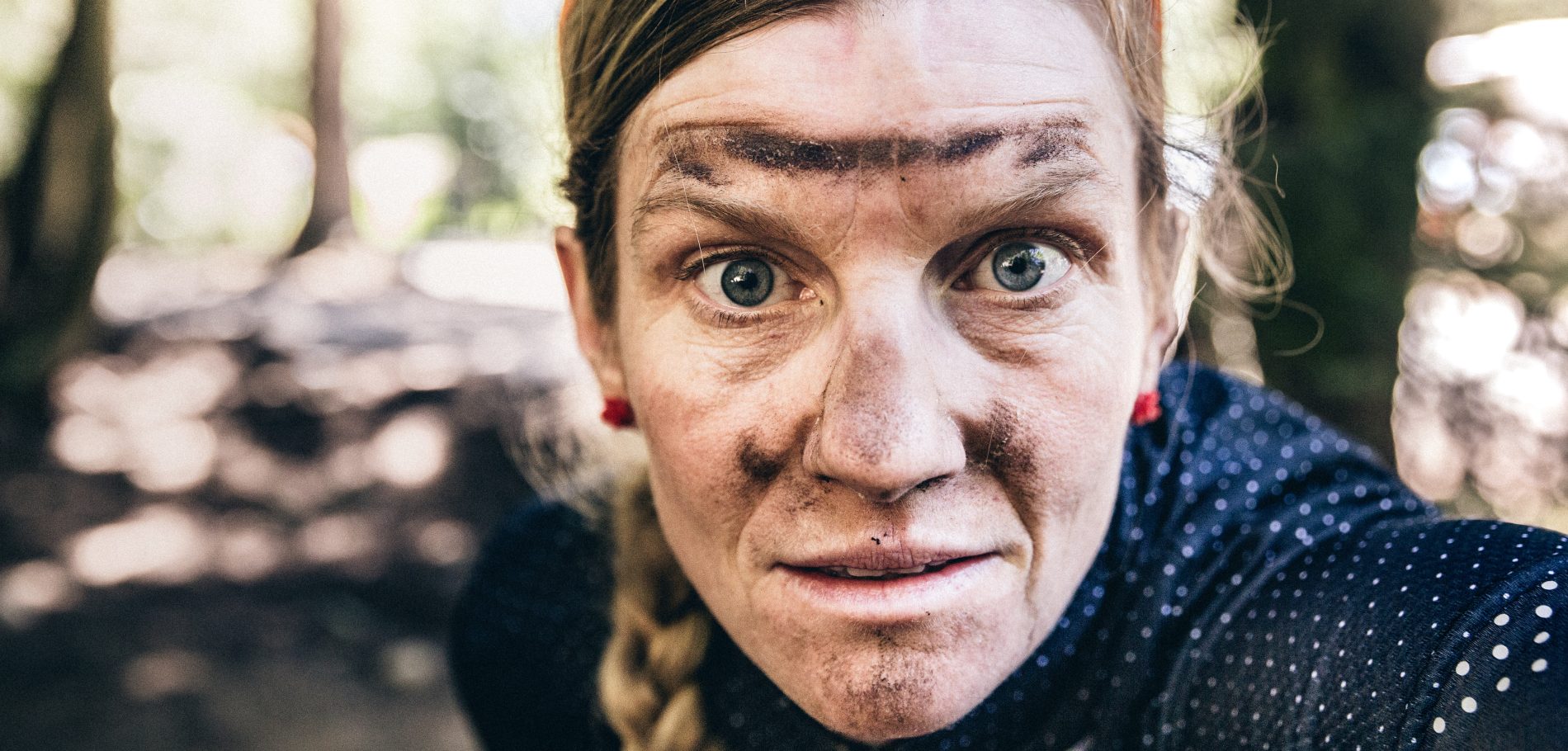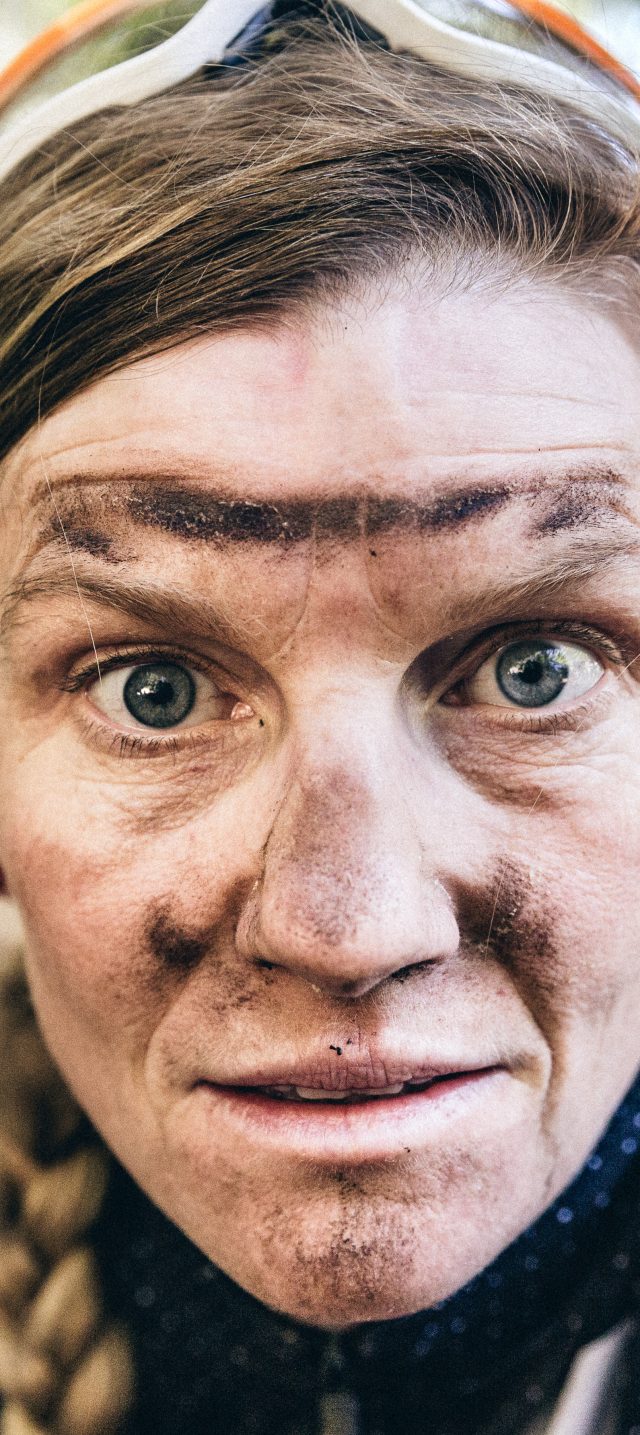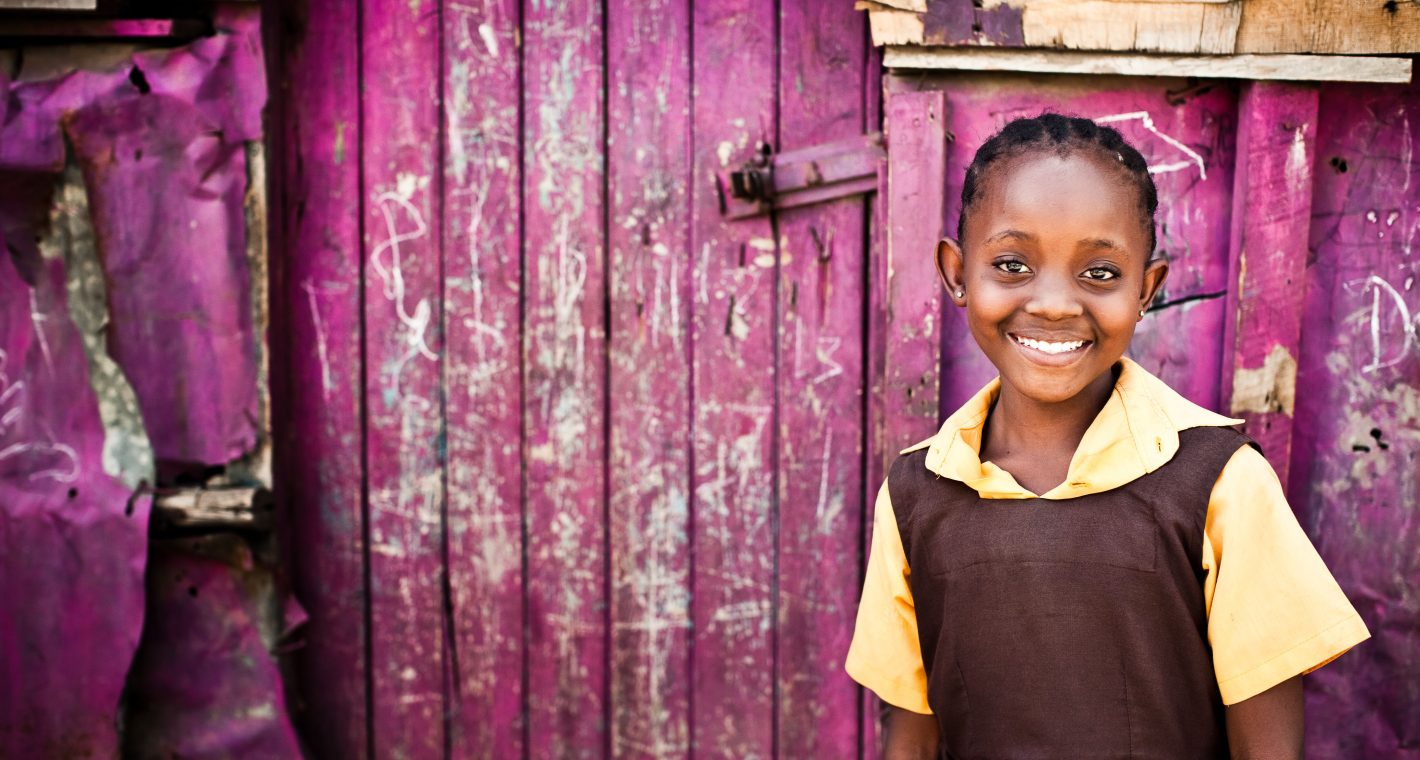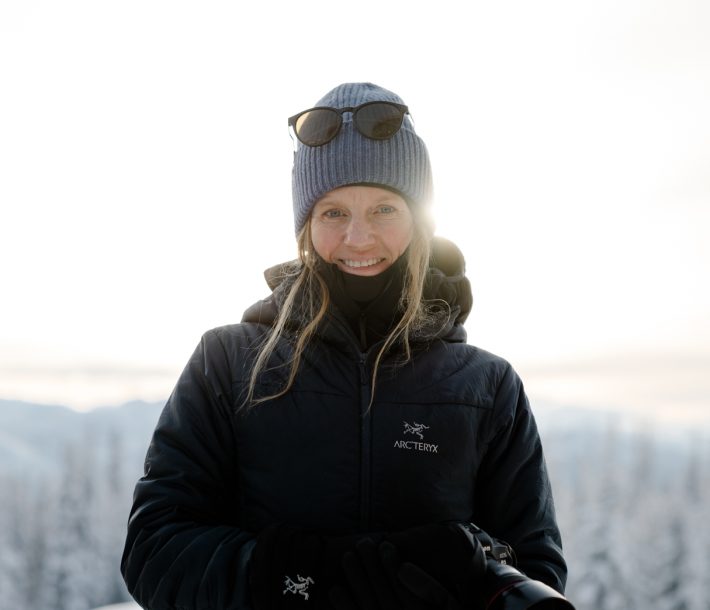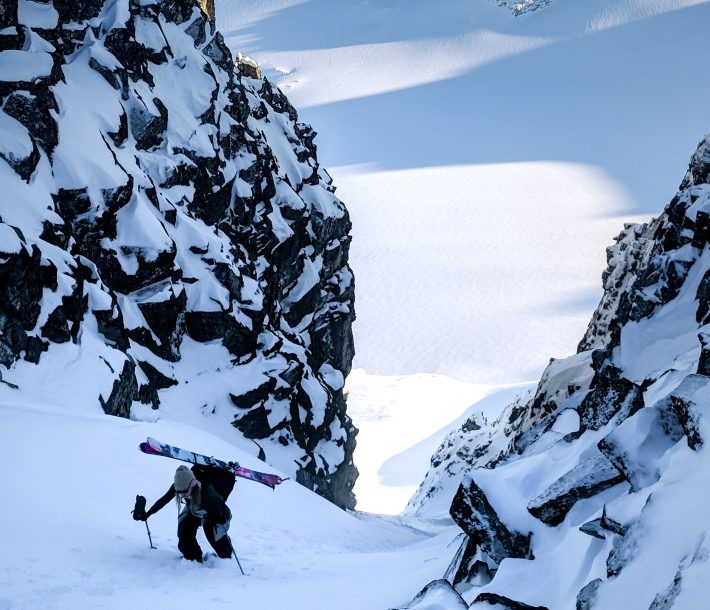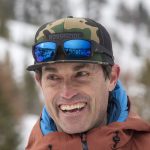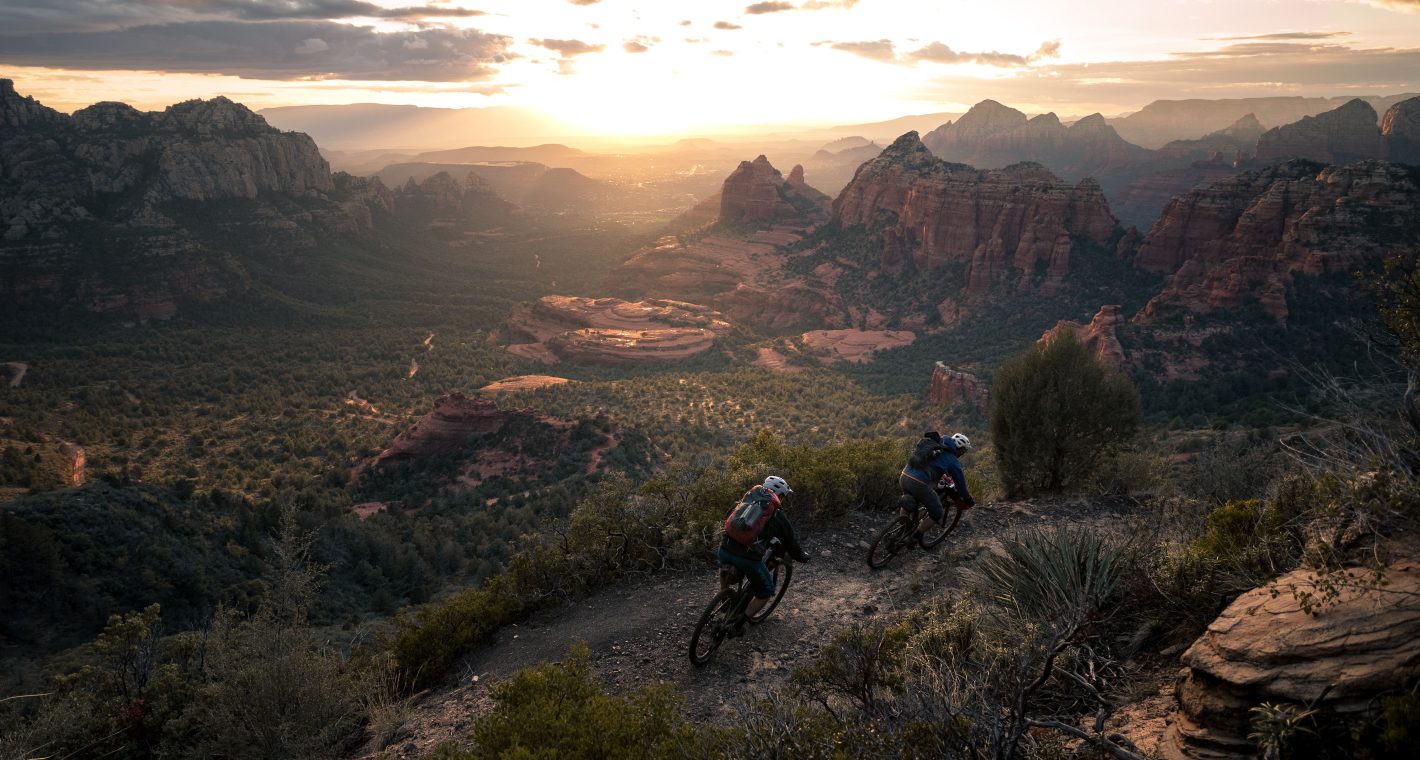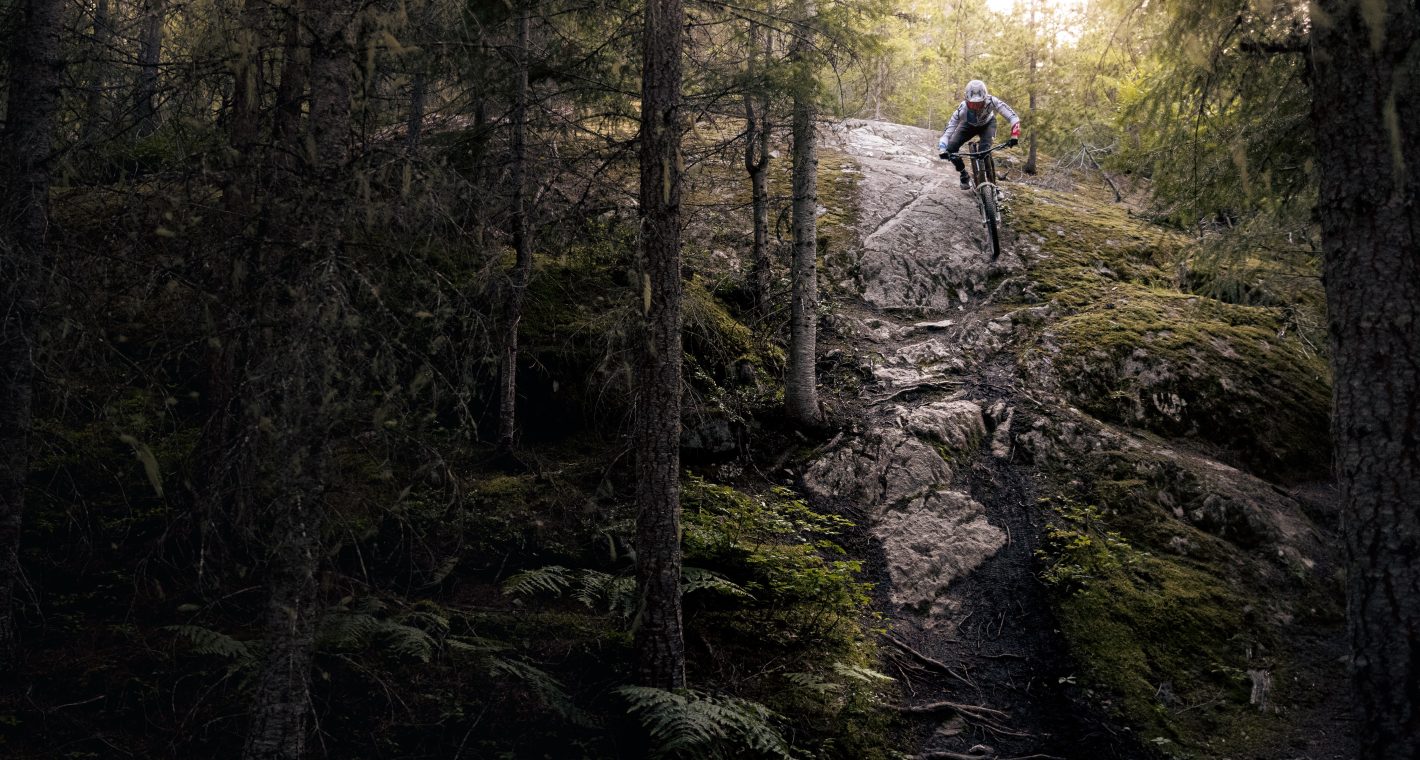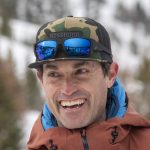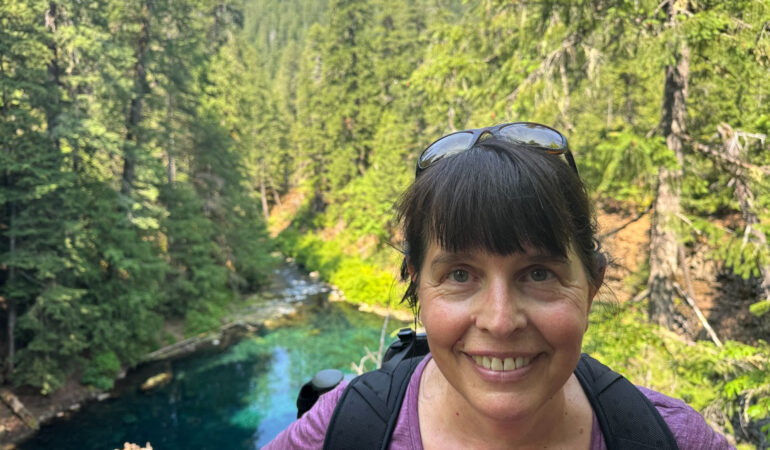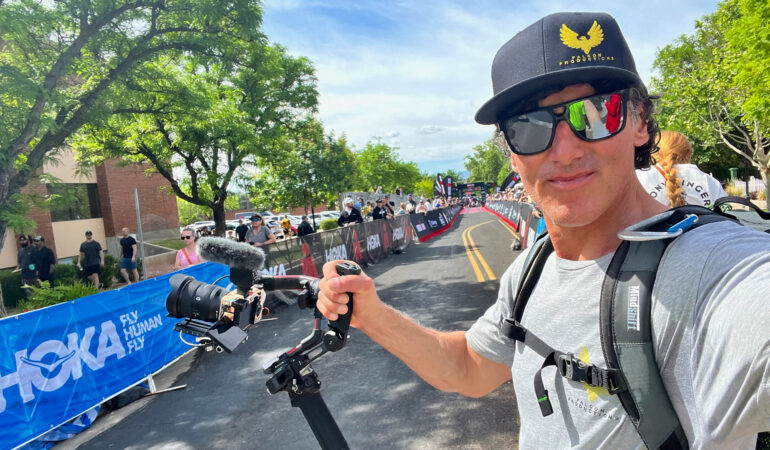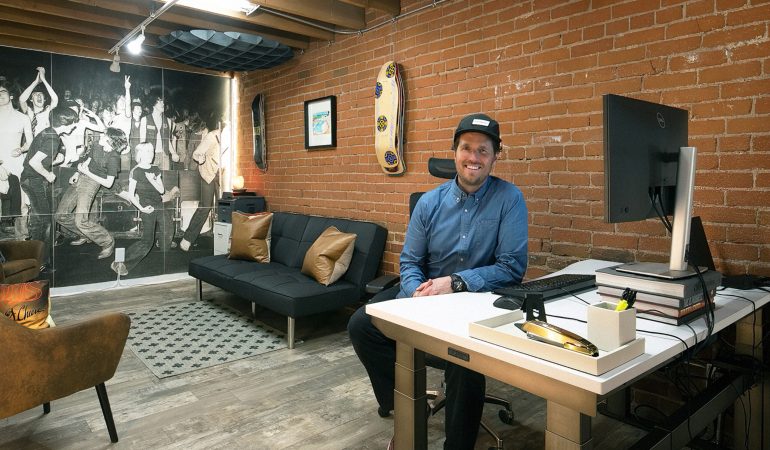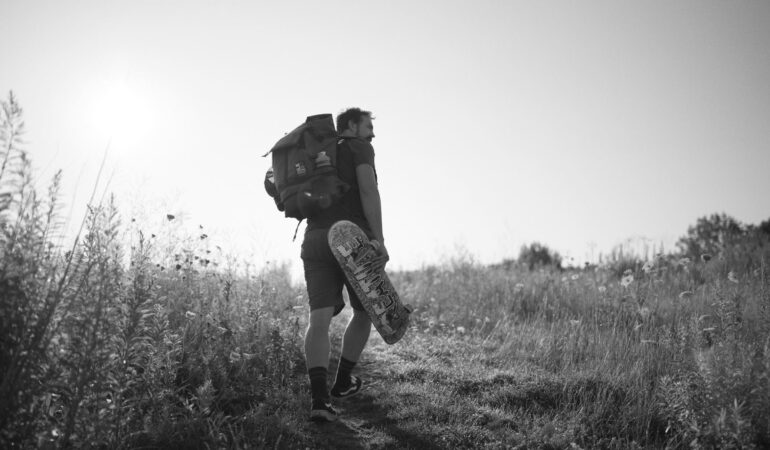It was a beautiful life, but it wasn’t a living. So Robin went back to school for photography. Armed with a photography degree she soon found work—but as a massage therapist, not as a photographer. In her late 20s, Robin moved to Whistler and learned to ski. It wasn’t until she broke a finger and couldn’t manipulate flesh that she applied for a job with the resort as a photo editor. They hired her in the marketing department. The gig gave her insight into how photos get commissioned. It was a doorway to a new career.
At a Whistler Blackcomb colleague’s request, Robin signed on for what, at the time, was the biggest photography contest in the outdoors, Whistler’s World Ski & Snowboard Festival Deep Winter Photo Challenge. Abandoned at the last minute by known athletes who didn’t want to work with an unknown, Robin pivoted and instead connected with ski patrollers and friends. Because her slideshow told a story, it was a stark departure from the norm—banger images broken up by afterthought filler shots.
The Photo Challenge confirmed for Robin that she was better suited to field work than the office. She pursued it, but in the early 2000s, editorial work was hard to break into for a woman photographer. And if you didn’t make a name for yourself with editorial work then commercial work was hard to come by, too. Thanks to her inherent tenacity, though, Robin was able to move directly to commercial work. Today she takes assignments on skis and bikes from the likes of Arc’Teryx, Dakine, Giro, Mountain Equipment Coop, CamelBak, Whistler Blackcomb and more.
